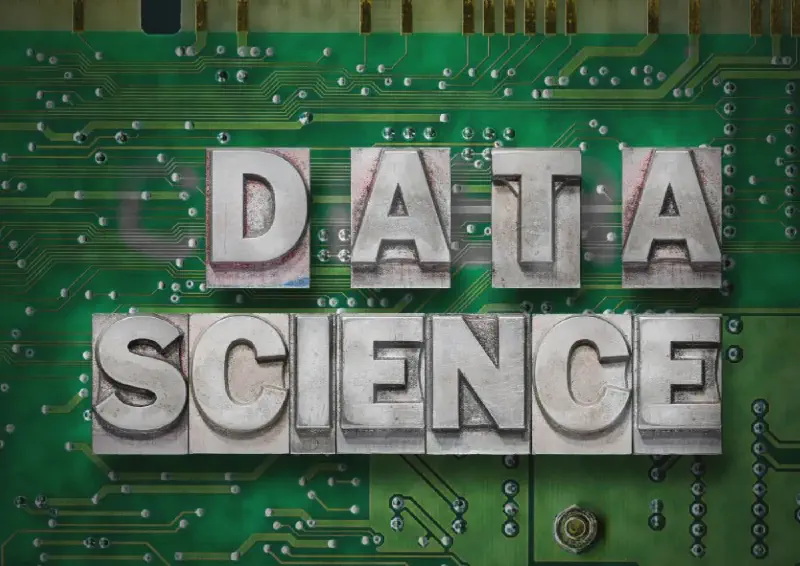When people talk about data science, they often picture complex code, predictive models, or massive statistical dashboards. But at its core, data science is not just about algorithms — it’s about the ability to connect data with real-world decisions.
In a world where data has become a core asset, businesses don’t need more models — they need to understand those models, trust the results, and act on them.
From Analysis to Impact
Data science shouldn’t stop at regression models or polished dashboards. A great model that isn’t used for decision-making has no value. This highlights an important truth: a data scientist’s value lies in their influence, not just their analysis.
“If an insight doesn’t change behavior, it’s just a pretty number — not data science.”
Data Scientists Are Cross-Domain Translators
Great data scientists speak “two languages”:
- The technical language: algorithms, big data processing, model optimization.
- The business language: understanding organizational goals, communicating data meaning to non-experts.
They don’t just master Python or SQL — they also know:
- When a simpler model makes more sense.
- How to turn vague questions into testable hypotheses.
- How to align data insights with market reality and strategic decisions.
Commonly Undervalued Skills
-
The ability to ask good questions
Great data scientists don’t start with “what’s in the data?” but with “what problem is the business facing?” -
Data storytelling
A great chart doesn’t just inform — it makes people want to act. -
Knowing when AI is unnecessary
Not every problem needs machine learning. Sometimes a well-structured Excel sheet is the best solution. -
Owning outcomes
The model is just the beginning. Understanding why an insight wasn’t applied — or why it failed — is where real value lies.
The Shift from “Technical” to “Impactful”
Companies are shifting from asking “can we build this model?” to “what should we build to create value?” That puts data scientists in a more strategic seat than ever before.
- From data translators → to direction shapers
- From looking backward → to leading forward
- From delivering reports → to sitting at the decision table
How to Build a High-Impact Data Science Team
- Encourage product thinking: Treat models as user-centered products — not just technical outputs.
- Pair with business teams: Every data scientist should “live with” marketing, ops, or finance for a while.
- Train communication and writing skills: A great insight not understood is a lost opportunity.
Final Thought
Data science isn’t a playground for algorithms — it’s the art of connecting logic to people. The future belongs not to those who build the most complex models — but to those who use data to change behavior, strategy, and outcomes.
Are you analyzing data — or leading your organization with it?
